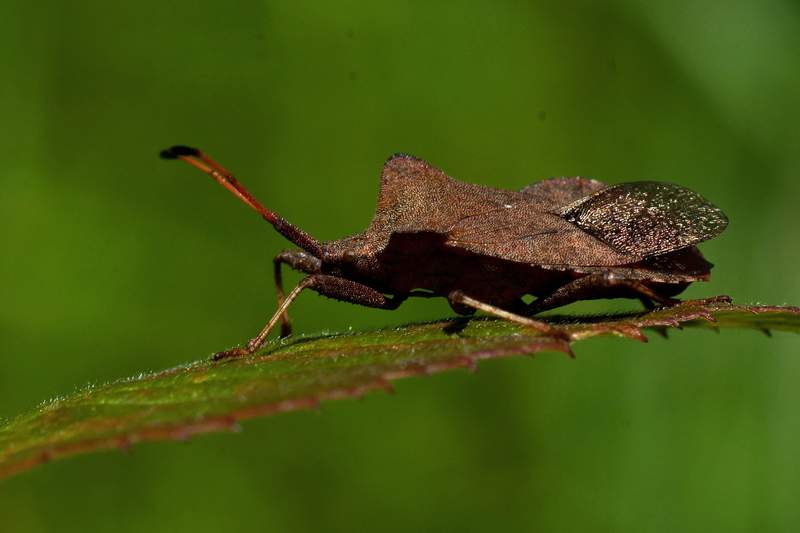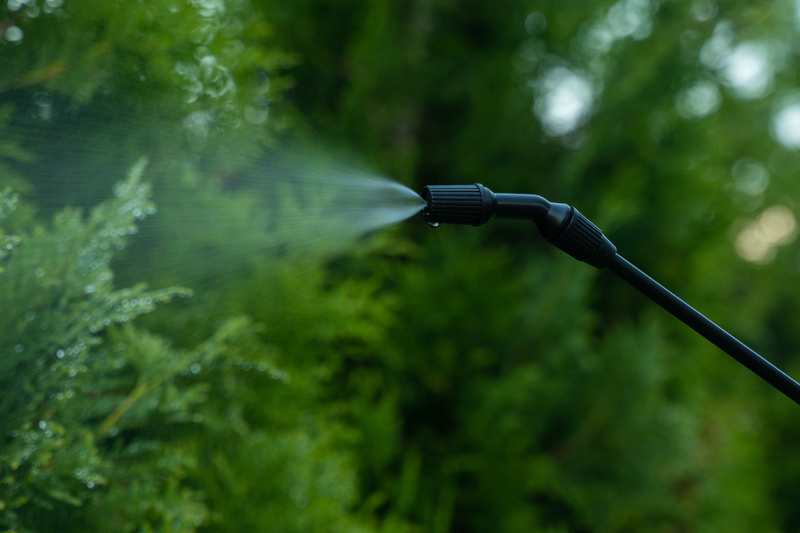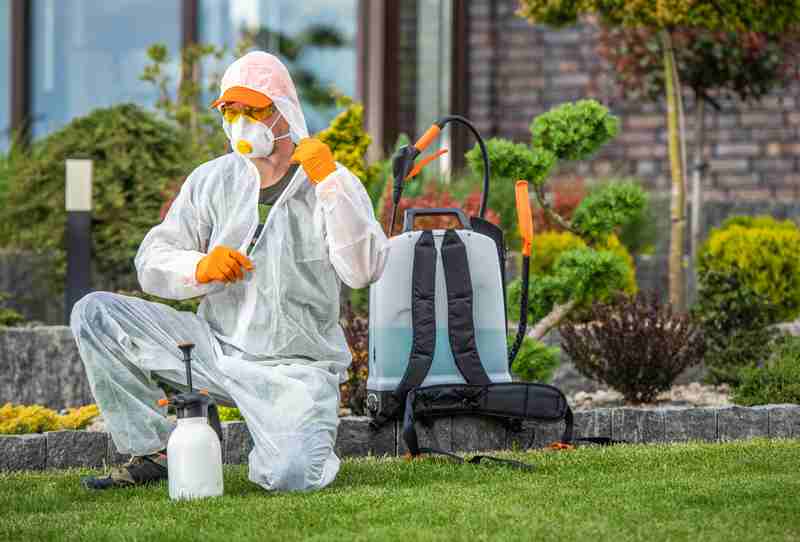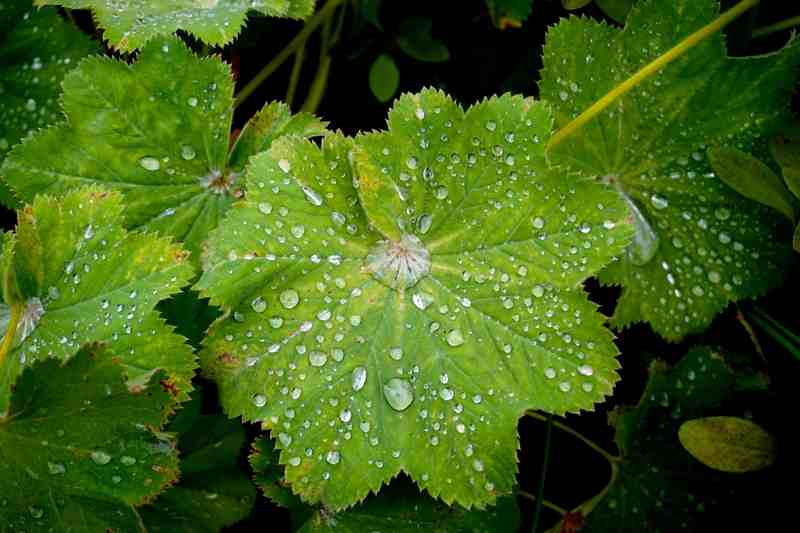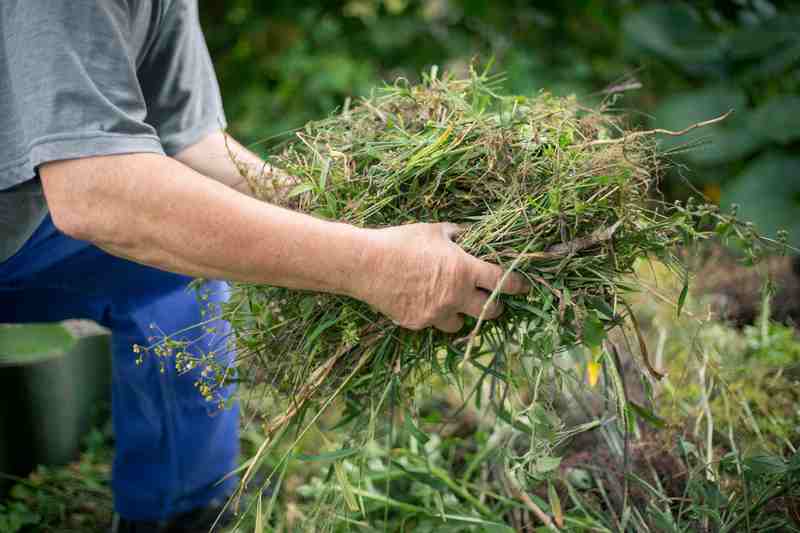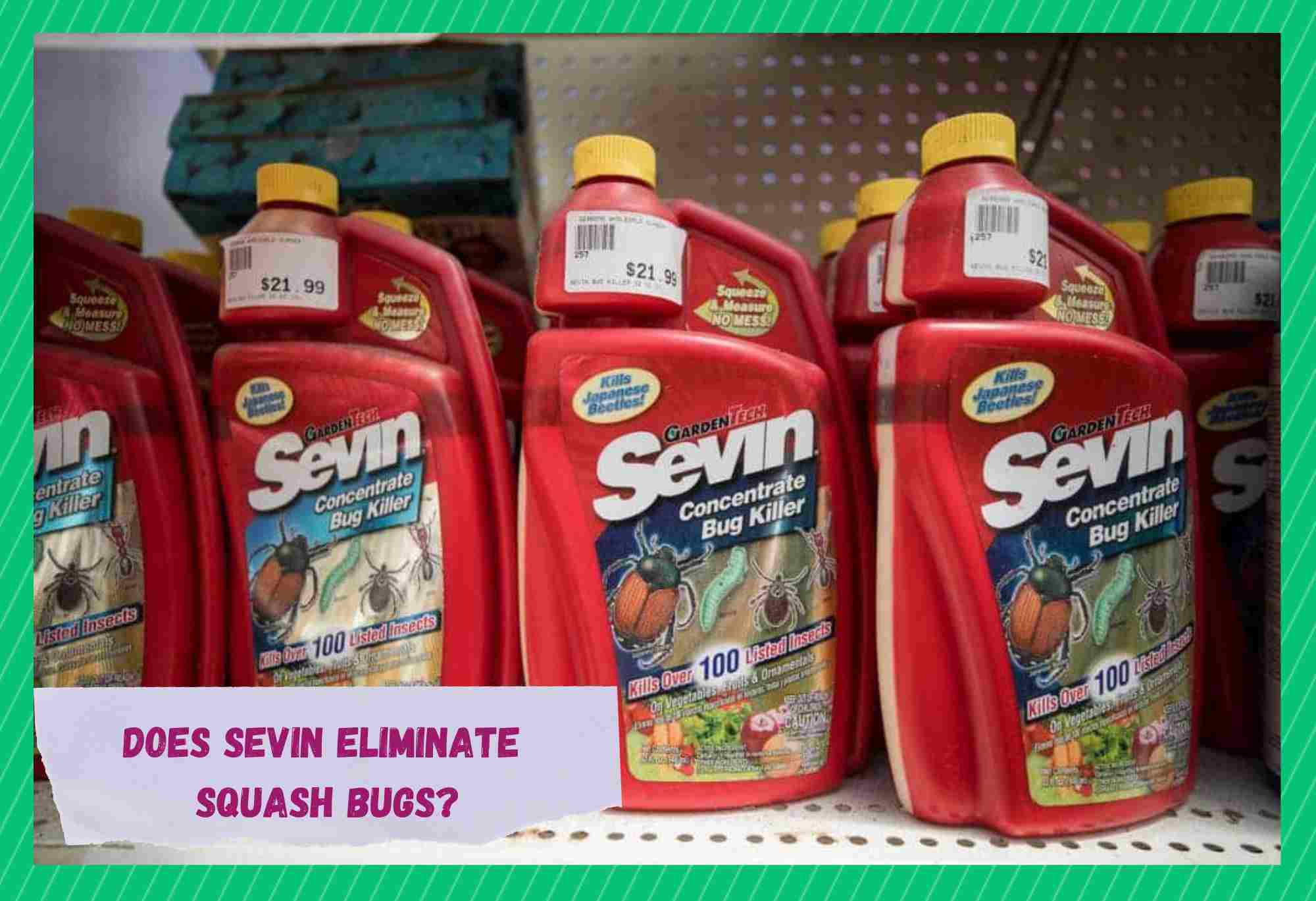
Without an iota of doubt, squash is among the most widely grown plants on the planet. It is an edible vegetable and has wide varieties. Its size varies greatly depending on the variety. It is super easy to grow and requires minimal maintenance, making it a perfect choice for busy landscapers.
All squash varieties are rich in vitamins and minerals and provide several health benefits. They have a mild flavor and are used in many recipes. Their antioxidants reduce the risk of many diseases, including cancer. Vitamin C boosts your immunity, thus protecting you from many diseases and allergies.
Furthermore, their high fiber content improves your digestion system and assists in weight loss. If you are looking for healthy ways to lose weight, squash would be a great addition to your diet.
It’s common knowledge that pests pose a great threat to plants. One might think that preparing the soil, watering the plants, and adding fertilizer are enough to ensure the proper growth of plants.
However, keeping pests at bay is equally important. If left unchecked, hungry pests can chew the leaves of your plants and suck out their juices, devastating your yard.
Sevin is a popular insecticide used all over the world to eliminate bugs. It is manufactured by Gardentech, a company that offers solutions for lawn care. The company offers a wide variety of products but is best known for Sevin.
So, are you sick and tired of bugs attacking your squash plants and looking to invest in an insecticide? In this article, we intend to review Sevin in detail and tell you whether it is suitable for squash plants or not. But first, let’s discuss what squash bugs actually are and how they can harm your squash plants.
What Are Squash Bugs?
Unlike most landscapers think, squash bugs are not beetles. They are true bugs from the Hemiptera family of insects. Apart from squash and pumpkin, squash bugs can attack various other plants of the Cucurbit family, including melons and cucumbers.
The first step to eliminating squash bugs is identifying them. Many people confuse them with beetles and other pests from the Hemiptera family. They are small insects with gray, brownish-black color bodies and are usually one inch long.
They have brown stripes on their abdomens and are capable of flying over short distances.
Squash bugs feed on the sap from the squash plants, affecting the water and nutrient flow in plants. If the leaves of your squash plants appear wilted, it is a symptom of squash bugs attacking.
They usually like to lay their eggs in clusters on the leaves, but you can sometimes find them on the stems as well. When attacked, your squash plants will suffer, and you will see a decline in their fruit quality and quantity.
Does Sevin Eliminate Squash Bugs?
Sevin is a powerful insecticide that can be used to protect your fruits, vegetables, and flower beds from a variety of pests, including squash bugs.
It is available in many forms, including dust, concentrate, granular, ready to use, and ready to spray. It has a carbaryl chemical that affects the nervous systems, causing paralysis and ultimately death of squash bugs.
The best thing about the Sevin insecticide is that, unlike most other insecticides, it does not have a pungent smell. It has an off-white color and a mild smell, which is great if you are allergic to sharp smells.
How to Apply?
Applying Sevin insecticide is a simple process. If you have Sevin dust, simply scatter a thin layer evenly on your squash plants that have been infested by squash bugs.
It is ready to use right off the bat, so you don’t have to mix it with other chemicals or water it to make it work. If it is windy, refrain from applying dust insecticide as the wind may carry it to other uninfested areas.
It is seen that Sevin insecticides work more effectively when the plants are watered. Therefore, many gardeners recommend lightly watering the plants before and after applying it.
In addition to that, it is recommended to apply Sevin insecticide early in the morning for the best results. Make sure to check the soil before applying it. Ideally, the soil should be dry, and the weather should be moderate.
When using Sevin granules, water your squash plants immediately once you have applied insecticide. It will take some time to dry, and your kids and pets may enter your yard after that.
As the name suggests, the Sevin ready-to-spray insecticide doesn’t require any mixing and can be sprayed right away. Just attach it to your garden hose and turn on the water hose.
The Sevin ready-to-use insecticide comes in the spray bottle, and the pump can be adjusted to control the overall coverage area, thus allowing for more precise action.
Aim it at the infested squash or any other plant with squash bugs. Make sure to spray it on the underside of the leaves because that is where squash bugs mate and usually lay eggs.
Precautions
Like every other insecticide, Sevin is also dangerous to humans. So, it is important to dress appropriately before applying it to your squash plants. So, wear safety glasses, long pants, a full-sleeved shirt, and your safety gloves before using it to ensure your safety.
If you experience eye tearing or coughing after applying Sevin insecticide, make sure to visit your doctor.
It is important to note that Sevin must be used with caution, or else you may end up killing insects that are beneficial to your squash plant. Moreover, if rain is forecasted, avoid using the Sevin insecticide if you have a water body nearby.
This is because rain will wash it away and carry it to the water body, where it may harm aquatic life .
Side Effects
If you have done some research on insecticides, you’d know that every insecticide has side effects, and of course, Sevin is no exception. Sevin is highly powerful, but it can also affect the growth of your squash plants.
If you notice foliar burn or curled leaves after treating your plants with Sevin, consider reaching out to a botanist.
Avoiding Squash Bugs
After harvesting squash, make sure to remove the vines, mulch, and debris where squash bugs may hide. And yes, there are some squash varieties that are more tolerant to these bugs. So, if your yard has clusters of squash bugs, consider opting for a variety that can tolerate the better.
The Bottom Line
Squash bugs are a headache for many landscapers and can harm your squash plants in many ways. Sevin is a go-to choice for many landscapers when it comes to insecticides, thanks to its powerful action. From dust to ready-to-use, it is available in many forms.
When applied properly, it will help you get rid of squash bugs. Make sure to go through the guidelines mentioned in the package before applying it.

